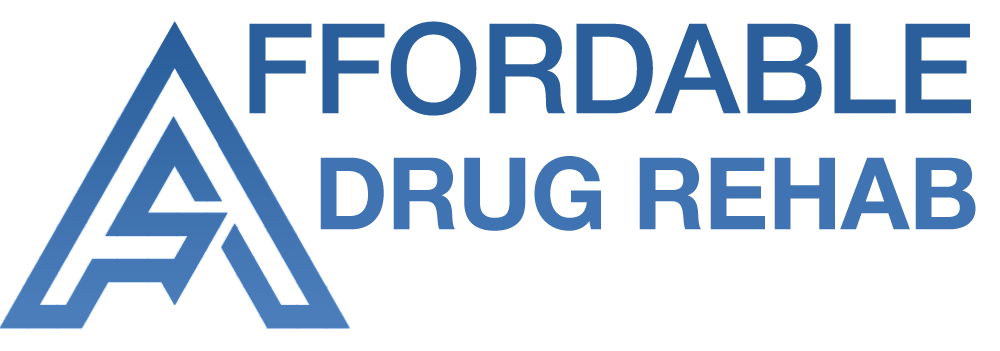Give us a call1 (888) 850-3656
Table of Contents
How many people cannot afford their medication?
It’s a heart-wrenching reality that too many people, in the millions globally, find themselves unable to afford the medications necessary for their health and well-being, including treatments for substance use disorders. In our experience at Affordable Drug Rehabs, the cost of prescription drugs can be prohibitively high, particularly in countries without universal healthcare. Individuals often have to make difficult choices between their medication and other essentials like food or rent. We’ve seen first-hand how these financial barriers can not only prevent recovery but also lead to worsened health outcomes. One study by the Kaiser Family Foundation found that approximately 29% of adults in the United States reported not taking their medicines as prescribed due to the cost. This is why we are committed to ensuring that financial constraints do not limit access to quality addiction treatment.
How much does the government spend on addiction treatment?
Government spending on addiction treatment varies widely by country and is often influenced by the nation’s healthcare policies and the prevalence of substance use disorders within its population. In the United States, for instance, the Substance Abuse and Mental Health Services Administration (SAMHSA) reported expenditures of over $3 billion for substance abuse treatment services for the fiscal year 2020 through its block grant programs. However, despite these investments, there remains a significant treatment gap. In our mission at Affordable Drug Rehabs, we leverage state-funded grants and Medicaid acceptance to broaden access, understanding that government spending alone may not meet the immense need for affordable treatment options. It is truly sad that millions of people around the world cant afford drug rehab- we want to change that.
What was the most common reason for not receiving treatment among individuals with a SUD who thought they needed SUD treatment but did not receive it?
One of the most common reasons cited by individuals with a Substance Use Disorder (SUD) for not receiving treatment is the cost or lack of insurance coverage. The National Survey on Drug Use and Health often lists financial barriers as a significant impediment to treatment. At Affordable Drug Rehabs, we’ve encountered many individuals who feared that the costs of treatment would be insurmountable. That’s why at our affordable drug rehab centers in Colorado, we employ a sliding fee scale and accept Medicaid–measures that can substantially lower the financial hurdle and provide hope for recovery to those who might otherwise go untreated.
What is the most commonly reported reason for not receiving treatment for opioid use disorder?
For opioid use disorder, similar to other SUDs, the cost of treatment and lack of insurance are frequently cited as the primary barriers to accessing necessary services. In addition to financial constraints, there are often other factors such as stigma, lack of awareness of treatment options, or the belief that one can handle the problem without professional help. At our affordable care act drug rehab, it’s not uncommon for us to encounter individuals who have delayed seeking help due to concerns about affordability. Our focus is to eliminate such barriers so that anyone grappling with opioid addiction can receive the help they desperately need.
Additional Resources
- National Institute on Drug Abuse (NIDA): Provides information on drug abuse, the science of addiction, treatment options, and drug-related research. https://www.drugabuse.gov/
- Substance Abuse and Mental Health Services Administration (SAMHSA): Offers resources on substance abuse, treatment locators, and programs to reduce drug abuse and mental illness across the United States. https://www.samhsa.gov/
- Centers for Disease Control and Prevention (CDC): Provides extensive information on health, safety, diseases, and conditions, including substance abuse and addiction. https://www.cdc.gov/
- National Institutes of Health (NIH): A part of the U.S. Department of Health and Human Services, NIH is the nation’s medical research agency, making important medical discoveries that improve health and save lives, including those related to addiction. https://www.nih.gov/
- MedlinePlus: Offers information on prescription drug abuse, overviews, treatment, prevention, and research curated by the U.S. National Library of Medicine. https://medlineplus.gov/
- Office of National Drug Control Policy (ONDCP): Provides information about the federal government’s efforts to reduce drug use and its consequences, and works to develop policies that strengthen treatment, prevention, and recovery. https://www.whitehouse.gov/ondcp/
- Drug Enforcement Administration (DEA): The DEA’s website includes resources on drug prevention, education, and treatment programs, including a section on drug disposal information. https://www.dea.gov/
Millions of People Around the World Cant Afford Drug Rehab Affordable Drug Rehab Centers in Colorado Affordable Care Act Drug Rehab

